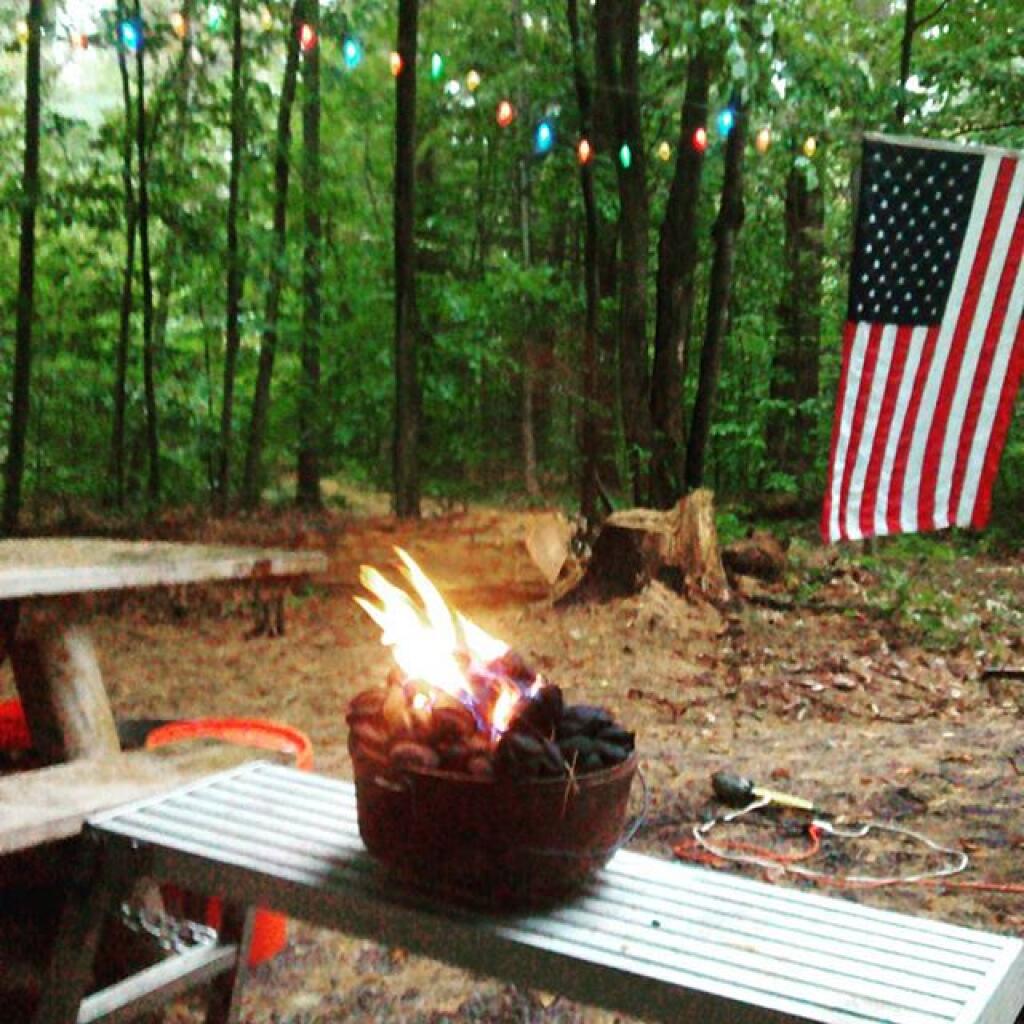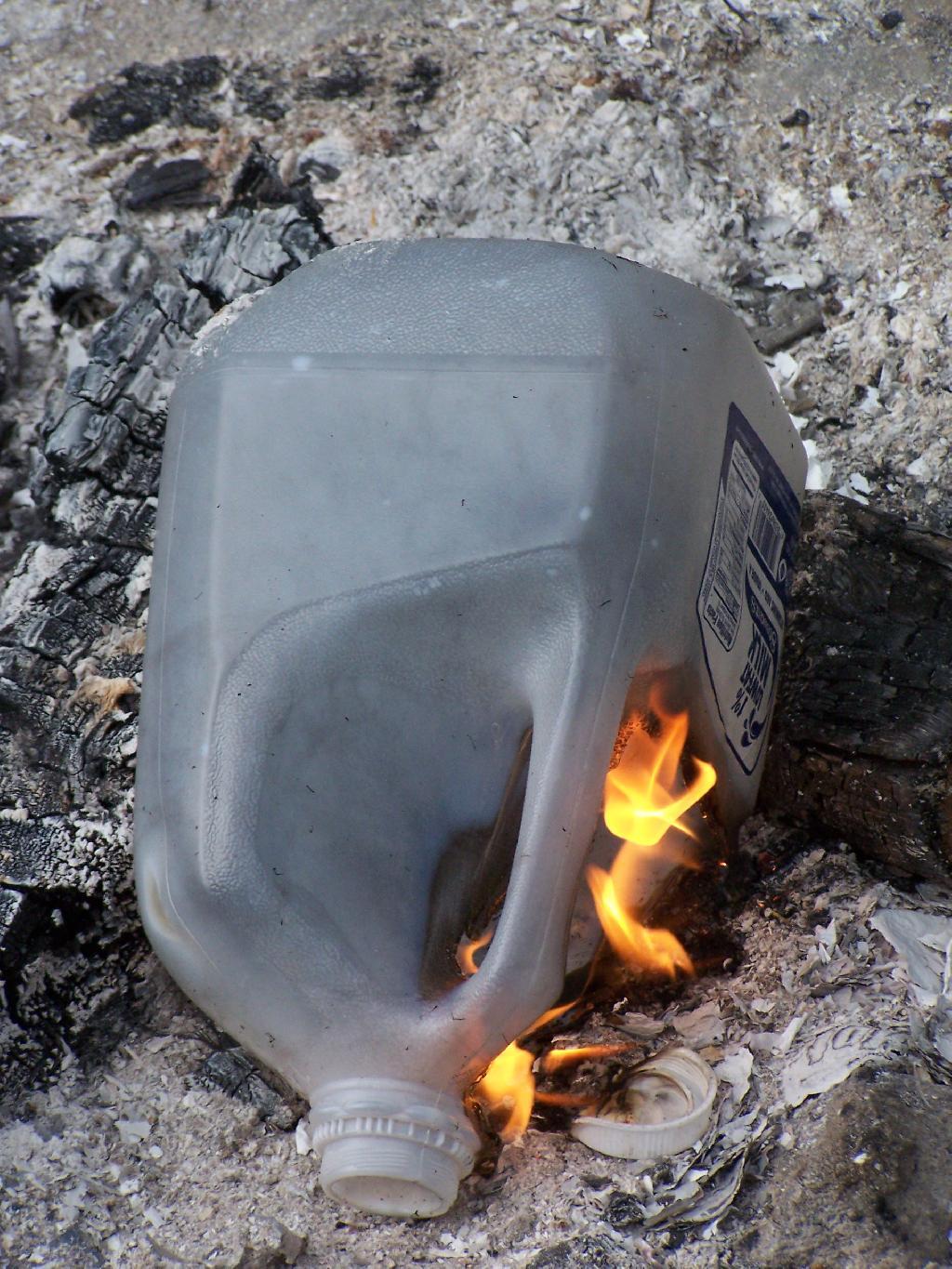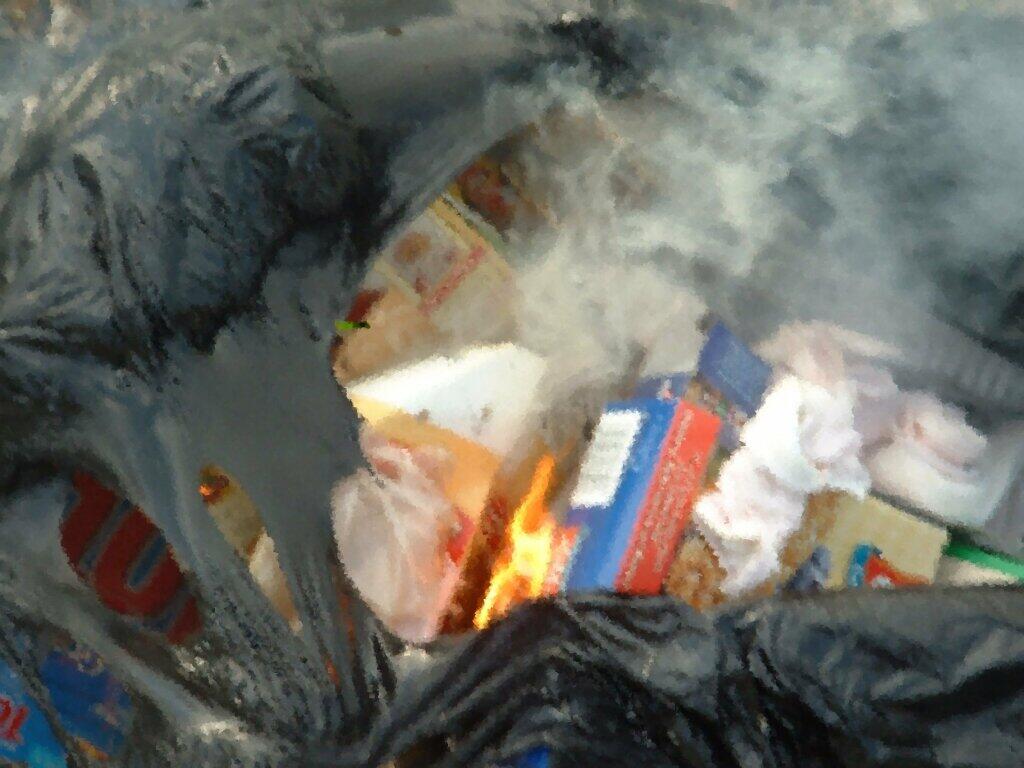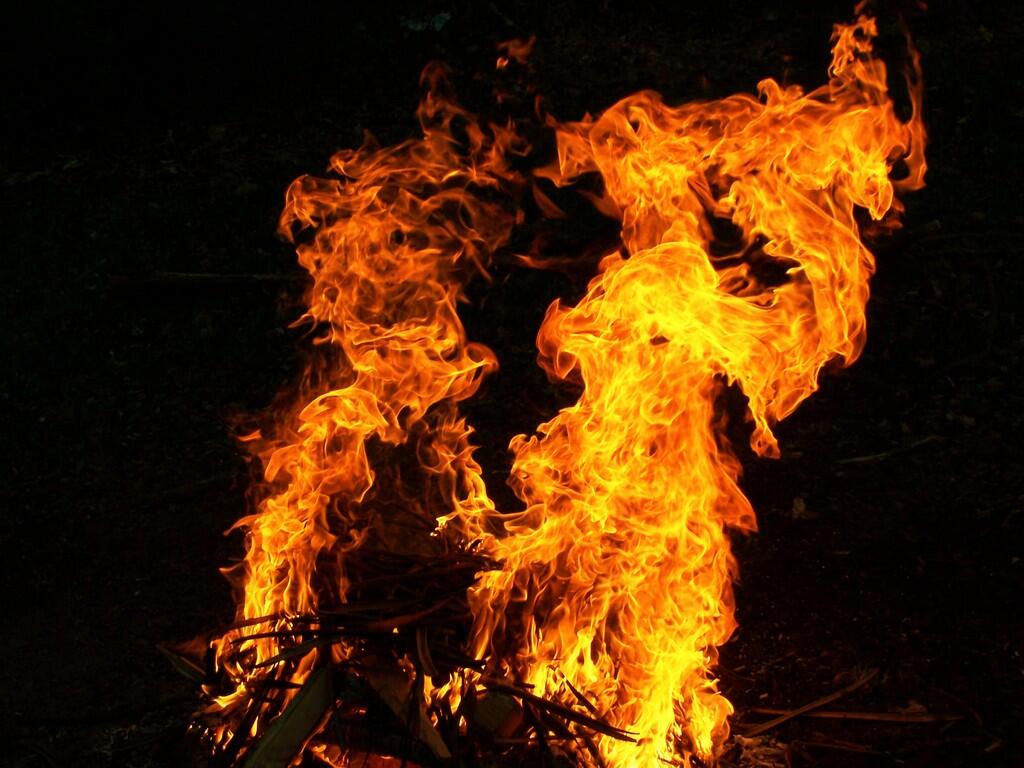Wildfires 2021: Why fire is our best tool against megafires – Vox
Why fire is our best tool against megafires – Vox
A number of unique factors in recent seasons combined with long-term trends and created the devastating blazes. But a major reason for the massive scale of the destruction is that natural fires and burning practices first developed by Indigenous people have been suppressed for generations.
Wildfires are essential to many Western ecosystems in the US, restoring nutrients to the soil, clearing decaying brush, and helping plants germinate. Without these fires, vegetation in woodlands, grasslands, and chaparral shrublands accumulates, so more fuel is available to burn, especially when a megadrought keeps drying out the fuel, year after year. A debt to the landscape starts to mount, and when it comes due, there is hell to pay.





